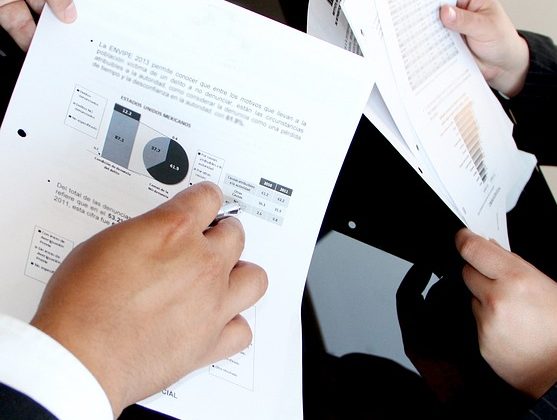Budgeting Basics: Simple Tips for Managing Your Finances
Budgeting is one of the most important aspects of financial management. It is the process of creating a plan to spend your money wisely and ensure that you are able to meet your financial goals. Whether you are trying to save for a big purchase, pay off debt, or just want to have more control over your finances, having a budget is essential. In this article, we will discuss some simple tips for managing your finances through budgeting.
1. Set Financial Goals
The first step in creating a budget is to identify your financial goals. What do you want to achieve with your money? Do you want to save for a vacation, pay off debt, or build an emergency fund? By setting clear financial goals, you will have a better idea of how to allocate your money and prioritize your spending.
2. Track Your Income and Expenses
To create an effective budget, you need to know how much money is coming in and how much is going out. Start by tracking your income and expenses for a month. This will give you a clear picture of where your money is going and help you identify areas where you can cut back or increase your savings.
3. Create a Budget
Once you have a good understanding of your income and expenses, it's time to create a budget. Start by listing all of your monthly expenses, including fixed costs like rent or mortgage payments, utilities, and debt payments, as well as variable expenses like groceries, entertainment, and dining out. Allocate a portion of your income to each expense category and be sure to leave room for savings and unexpected expenses.
4. Stick to Your Budget
Creating a budget is only the first step – the key to success is sticking to it. Keep track of your spending throughout the month to ensure that you are staying within your budget. If you find that you are overspending in certain categories, look for areas where you can cut back or adjust your budget accordingly.
5. Build an Emergency Fund
Unexpected expenses can throw a wrench in even the best-laid budget plans. To protect yourself from financial emergencies, aim to build an emergency fund that can cover at least three to six months' worth of expenses. This will give you peace of mind knowing that you have a financial cushion to fall back on in case of unexpected events like job loss or medical emergencies.
6. Review and Adjust Your Budget Regularly
Your financial situation is always changing, so it's important to review and adjust your budget regularly. Make it a habit to check in on your budget at least once a month to make sure that you are on track with your financial goals. If your income or expenses change, be sure to adjust your budget accordingly.
7. Seek Help if Needed
If you are struggling to manage your finances or create a budget, don't be afraid to seek help. Financial advisors, credit counselors, and budgeting apps can provide valuable resources and guidance to help you get back on track with your finances.
FAQs
Q: How much should I save each month?
A: The amount you should save each month depends on your financial goals and income. A general rule of thumb is to save at least 10% of your income, but you may need to save more if you have specific financial goals like buying a home or retiring early.
Q: How can I cut back on expenses?
A: Cutting back on expenses can be as simple as cutting out unnecessary spending like dining out or subscription services. Look for areas where you can make small changes, such as cooking at home instead of eating out or shopping sales for groceries and clothing.
Q: What is the best way to track my expenses?
A: There are several ways to track your expenses, including using budgeting apps, spreadsheets, or simply keeping a written log of your expenses. Find a method that works best for you and stick with it to ensure that you are keeping track of your spending accurately.
In conclusion, budgeting is a crucial tool for managing your finances and achieving your financial goals. By following these simple tips and staying disciplined with your budget, you can take control of your finances and pave the way for a more secure financial future.











